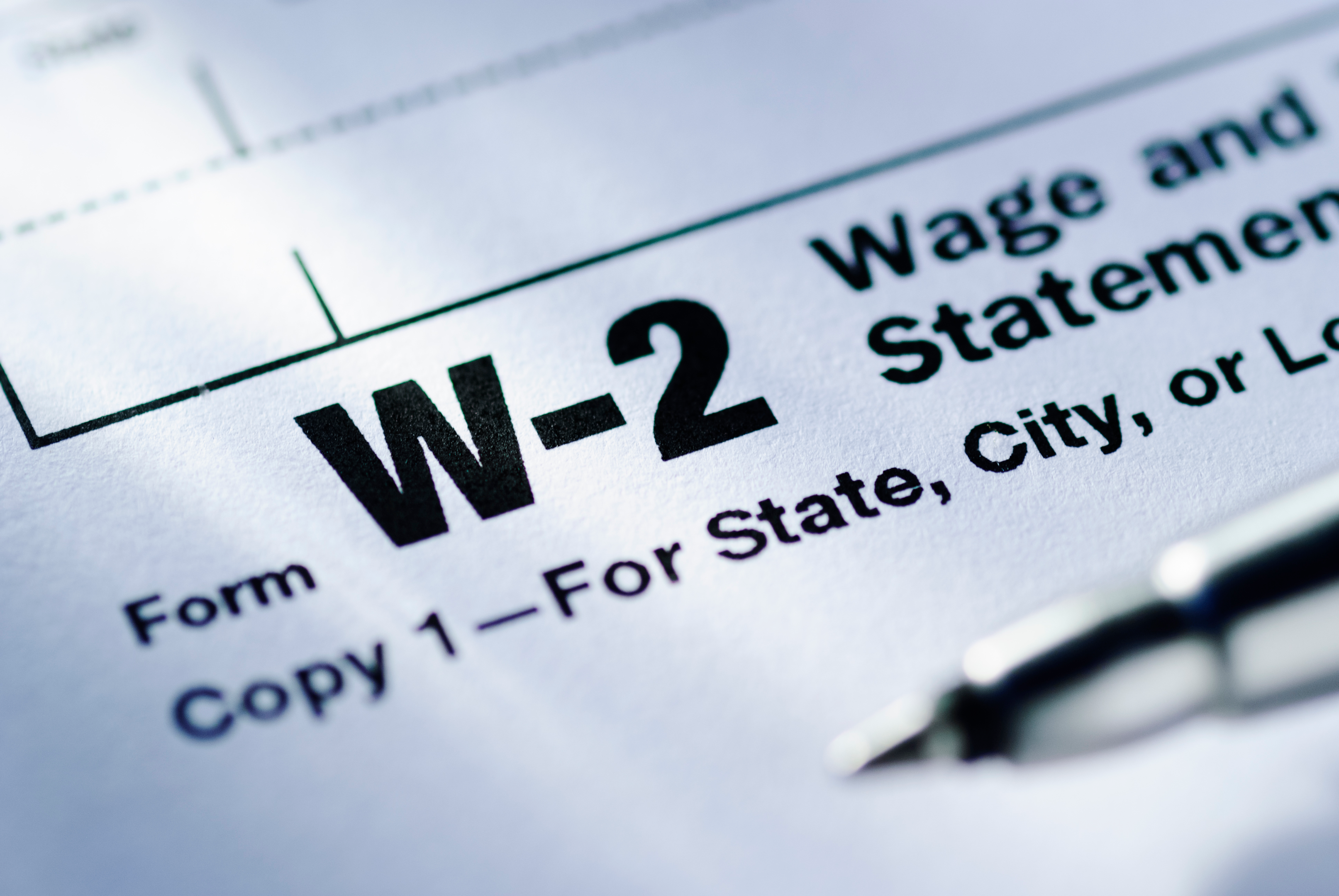Most people in the United States work hard to pay their taxes on time every year. But what happens if you can’t pay your debts or simply owe too much to the IRS?
Most people in the United States work hard to pay their taxes on time every year. But what happens if you can’t pay your debts or simply owe too much to the IRS?
The good news is the IRS offers several programs that help settle your tax debt with the IRS. And it’s important to know what options are available to those experiencing financial hardship, including a tax settlement.
How does tax settlement work?
The IRS allows most taxpayers to negotiate to lower their debt through numerous programs and plans.
There are numerous ways to pay off or settle tax debt, from tax liens to penalty abatement and offers in compromise. It all depends on your individual case and your total tax liability.
Installment plans
The Internal Revenue Service (IRS) offers a payment plan allowing taxpayers to reduce their tax debt gradually. An IRS installment plan lets you set up monthly payments over an extended period of time and can be an easier way for many taxpayers to afford to reduce their tax liabilities.
Depending on your financial situation and circumstances, you may be able to qualify for other payment options such as reduced monthly payments or longer payment plans – both of which provide significant savings and help make repaying the debt more manageable.

IRS Offer in Compromise
An Offer in Compromise is a tax settlement resolution designed to help taxpayers with tax debt that they can’t pay in full. It allows IRS-qualified taxpayers to settle tax debts for less than their original obligation by offering the IRS a lump-sum or short-term payment option.
The IRS will consider your financial situation and make an offer based on what they think you can reasonably pay. If you agree to the offer, you’ll pay the reduced amount and your tax debt will be considered settled.
If you qualify, an offer in compromise can be a great way to reduce the amount of tax debt you owe, so if you’re struggling to pay your taxes, it’s definitely worth considering.
Avoid Tax Liens and Wage Garnishment
If you work to settle your tax debt as soon as possible, you can most likely avoid liens and garnished wages, something that no one wants!
Tax Liens
If you don’t have any money to pay off your tax debts, the government can make a legal claim to your home or other properties and use it to settle what you owe.
A lien can make it difficult to sell your property, buy a new home, and even get a loan. They are public record, so any potential homebuyers can see that you owe the IRS money.
If you hope to sell your home, you’ll need to pay any tax owed to the IRS.
However, you can avoid a lien by making a payment agreement with the IRS to pay what you owe in monthly installments. If you’re struggling to pay your taxes, contact us to explore your options.
Wage Garnishments
Don’t let the IRS garnish your wages, this will potentially put you through financial hardship because up to 3/4 of your paycheck could be taken from you until the back taxes you owe are recovered from the IRS. This can also apply to credit card debt.
Wage garnishment can be avoided if you file an exemption claim with the court that ordered the garnishment.

The bottom line
So, what’s the best way to pay off your tax debt? The answer depends on your unique situation and how much you owe. You can try to settle your debt through an offer in compromise or work out a payment plan with the IRS or other taxing authority.
The complexities of the tax settlement process can be extremely difficult to navigate alone.
If you’re considering one of these options, get in touch with us for help. We have years of experience negotiating settlements with the IRS and can help you find the best solution for your needs.
Recent Blogs
California Franchise Tax Board Penalties
By admin
Can you Negotiate Back Taxes with the IRS?
By Elite Tax Resolutions

What is Injured Spouse Relief?
By Elite Tax Resolutions
 (800) 737-9217
(800) 737-9217